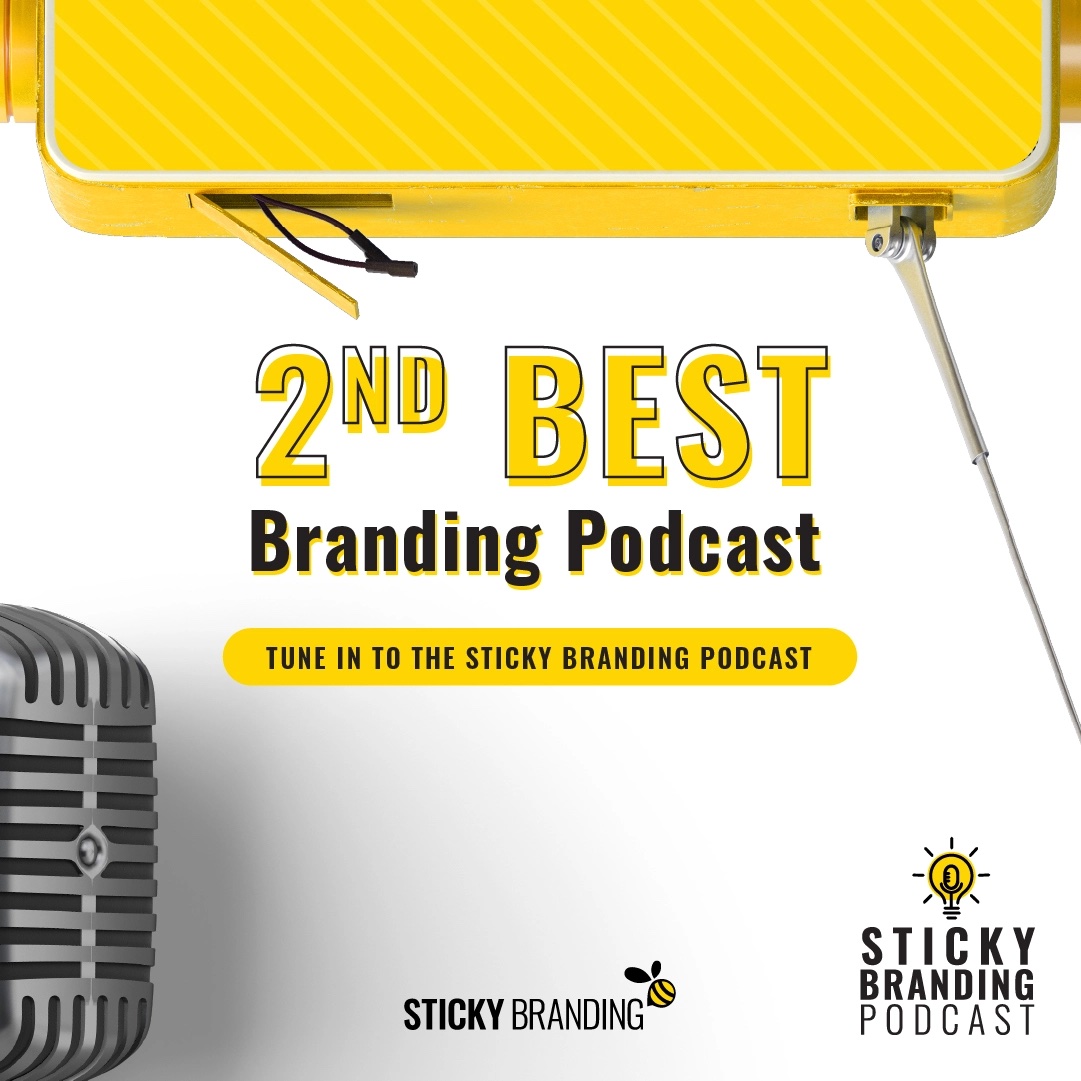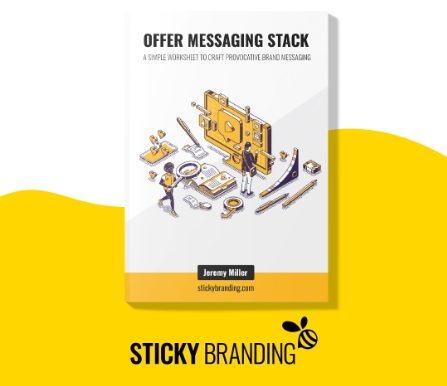Throughout the pandemic speed has been a defining factor of recovery and success. The companies that act first and adapt fastest have the advantage.
In the first few months acting fast was natural. It was a fight for survival. Our businesses were under siege, and that fear and anxiety propelled companies to execute like never before. Projects that used to take months to achieve were implemented in weeks.
The crisis gave us energy. For me, it was a moment of purpose: everything moved faster; priorities were crystal clear; and we stepped up to the challenge.
But running on adrenaline and fear will carry you only so far. As we emerge from the crisis the problem now is how to maintain that discipline of speed.
Things have absolutely slowed down. As we entered the summer months many organizations took their foot off the gas with increased vacation time, less urgency, and back to the old habits and standards.
Where you win is in the discipline of execution. That doesn’t mean you have to go back to the panic stricken state of March to May, but look at what you accomplished in ninety days. Imagine what harnessing that level of speed and execution as a standard would do for your business. ????
Strategy execution is the foundation of Crisis Marketing. It’s all about putting ideas into action, fast. What we have done is codified the elements that help a team rise up in a crisis and carry that forward to create a culture of execution.
1. Know What You’re Fighting For
Most corporate vision and mission statements are bogus. They’re too big. They’re too polished. They don’t matter.
At the height of the crisis your purpose was much clearer: make payroll; avoid layoffs; save the company. It was in that clarity of purpose that you knew exactly what you and your team were fighting for.
You increase your speed when you cut out the BS. Write two simple statements:
- Objective: What are we trying to achieve in the next 12 months (or this fiscal)? Why does it matter?
- Goal: Put a number to your objective. My preferred way of writing goals is “From X to Y by When.”
Keep it simple and practical. If you aim well you will slingshot your business out of 2020.
2. Crystal Clear Priorities
With our backs up against the wall, business was a lot less complicated. You knew what mattered and didn’t matter, and you could make decisions fast.
As the crisis continued things got more complicated. Problems became more complex and exhausting. The recovery wasn’t happening as fast as some expected or hoped, and the glory faded.
You can get back to having crystal clear priorities. It’s a choice! Choose one to five crystal clear priorities (or Big Rocks) to achieve your goal.
I am often asked if there can be more than five priorities, and the short answer is no. Focus on the things that matter, and make sure you do those tasks and projects first.
3. Empower Your Team to Act
In the crisis there was little bureaucracy and everyone was motivated to act. People would say, “What else can I do?” They had their job, and they’d take on more.
This is actually where we achieved the discipline of speed. There was a set of habits teams adopted — consciously or unconsciously:
- More meetings. Managers and employees met more frequently and talked about the problems.
- More receptive to ideas. The glass ceiling was broken. A good idea — no matter where it came from — was a good idea. Anyone could contribute.
- Get it done attitude. Job descriptions or roles didn’t matter. If a project or a priority was identified, people stepped up and took ownership.
This was a culture shift, and one worth protecting and holding onto long after the pandemic.
One of the most effective ways to foster and maintain a culture of execution is with more frequent meetings. Weekly huddles are an effective method of bringing visibility and accountability to your objectives, goals and priorities.
Huddles offer two key benefits:
- Disseminate accountability across the team. People are more likely to step up and take responsibility when they understand both the big picture and what needs to happen first.
- There’s nowhere to hide. If someone isn’t stepping up or if projects aren’t moving forward it becomes very evident there’s a blockage after a few huddles.
Create a Culture of Execution
One of my core beliefs is it doesn’t matter how many great ideas you have, it’s how many you execute that matter.
Harnessing the discipline of speed and execution from the height of the crisis may do more for your business than anything else. Ideas will come and go, but creating a culture of execution will help you come out of the crisis stronger than ever.
Slingshot Your Business Out of the Crisis
Learn how to slingshot your business out of the crisis. In Crisis Marketing we show you how to adjust your value proposition to generate sales rapidly. If you’re interested, call me (Jeremy Miller) directly at 416.479.4403, or check out our Crisis Marketing services.





